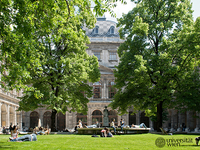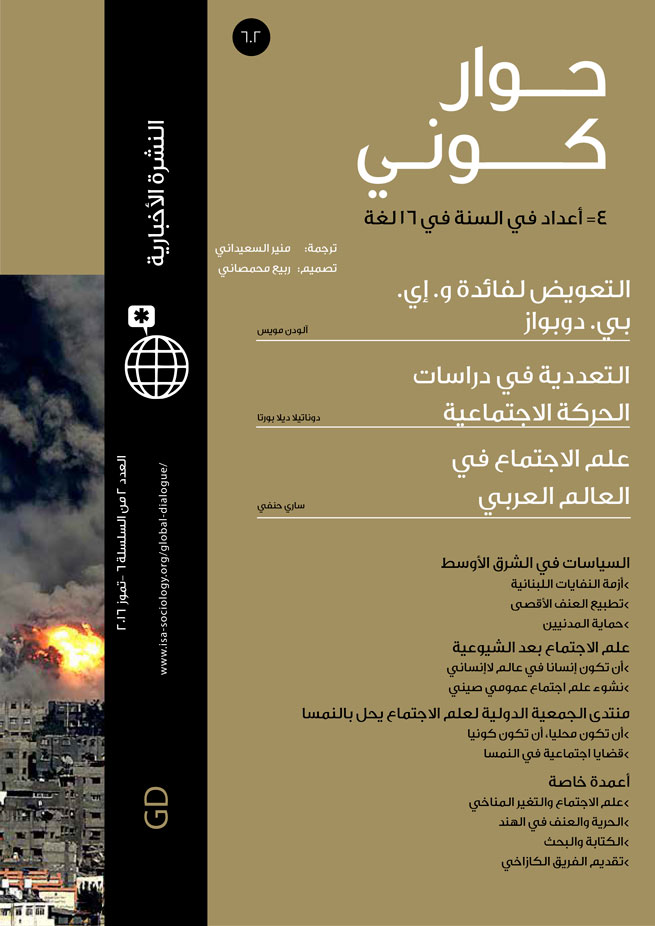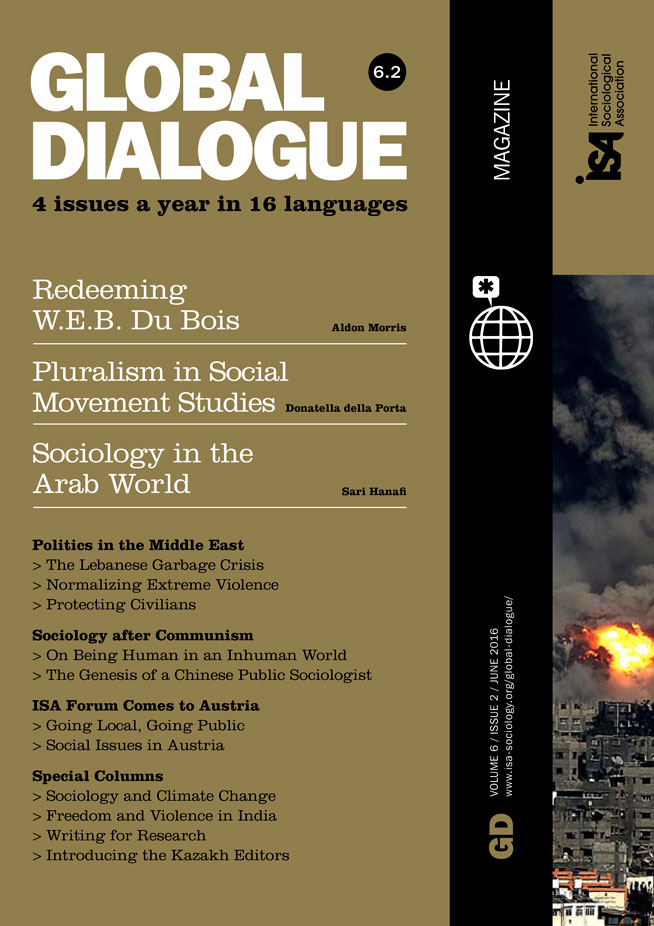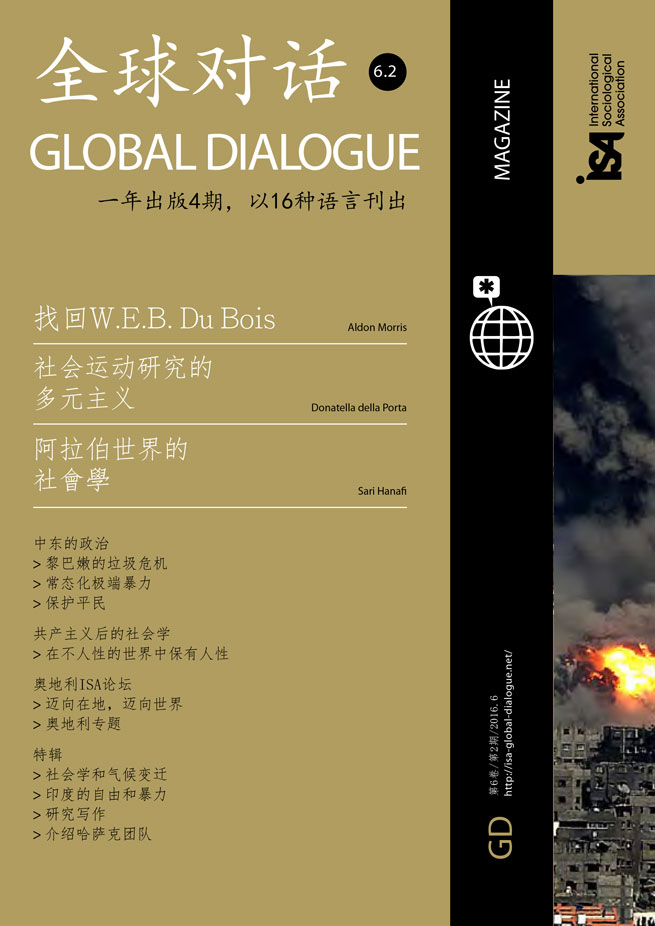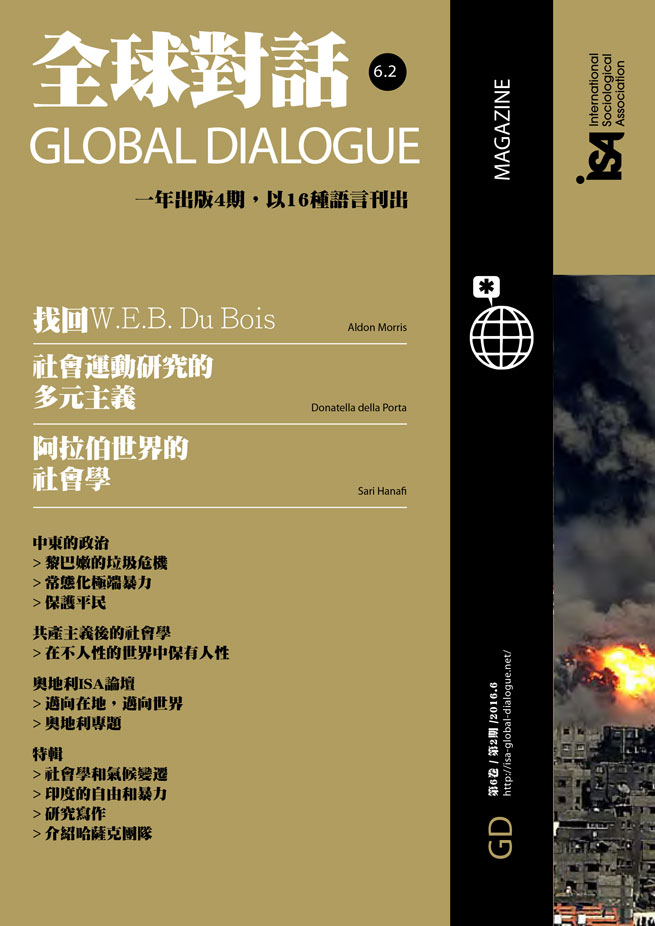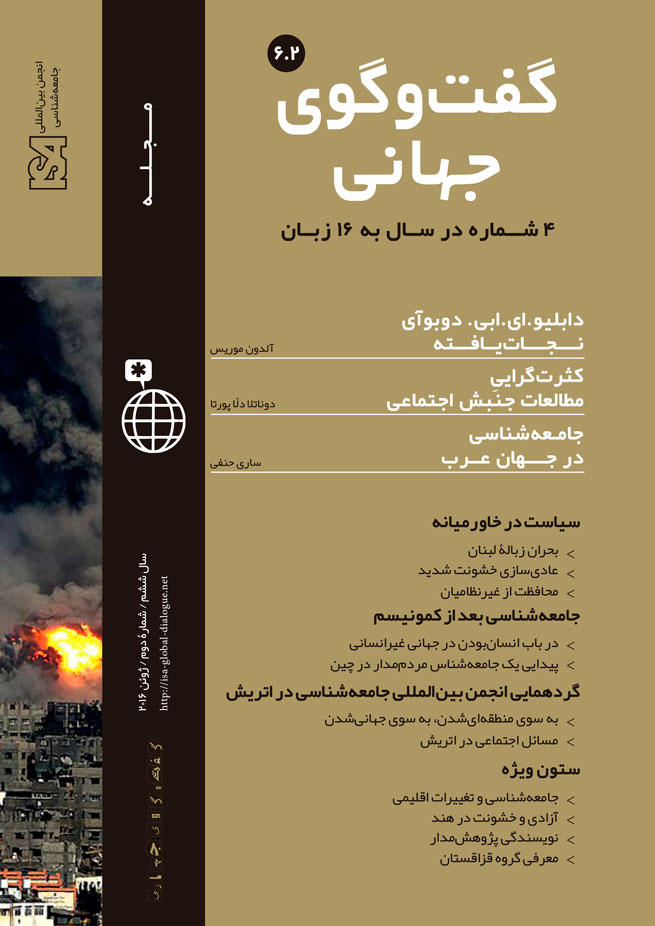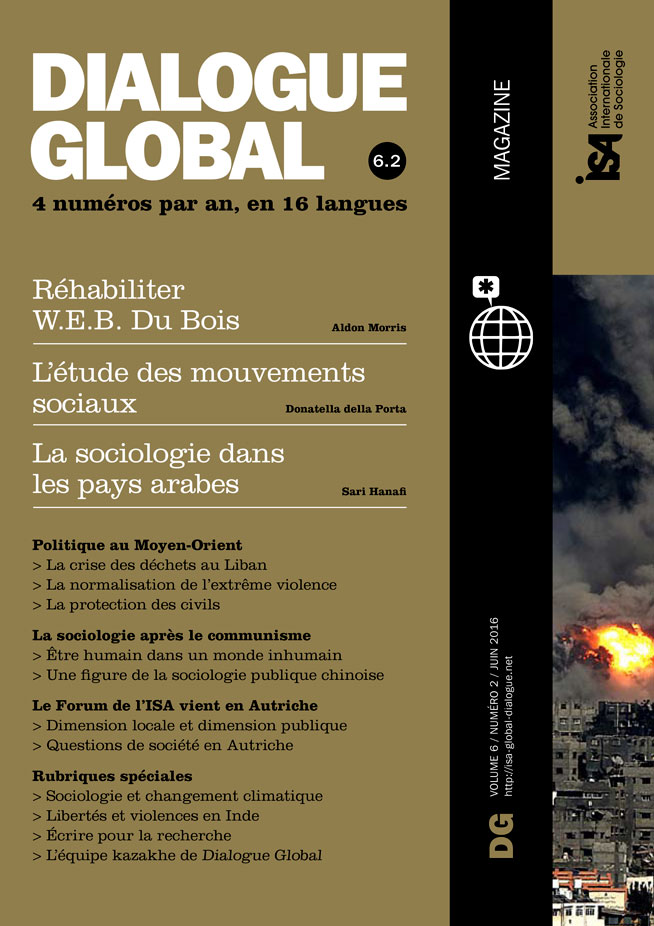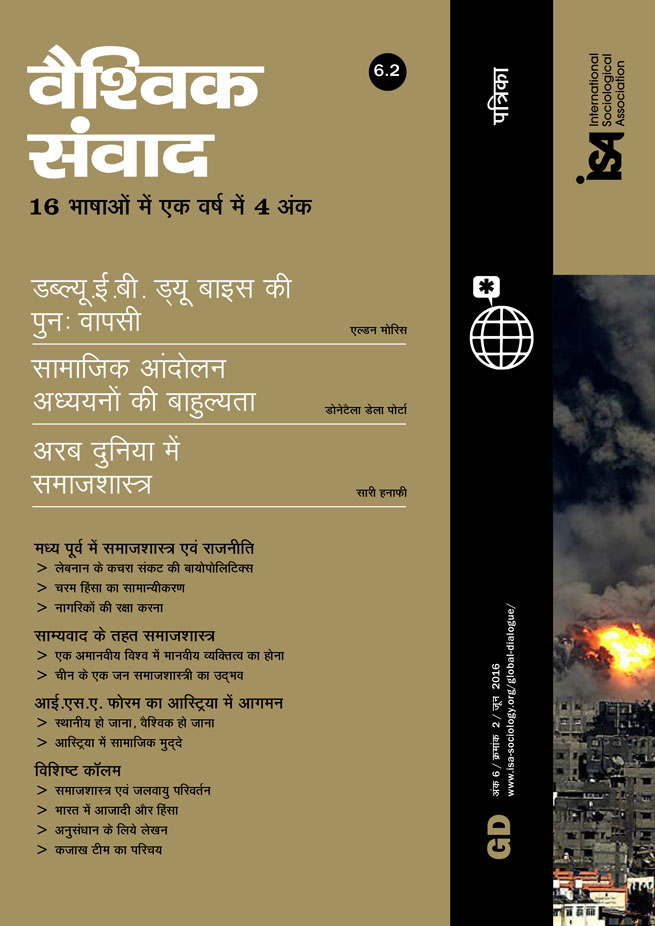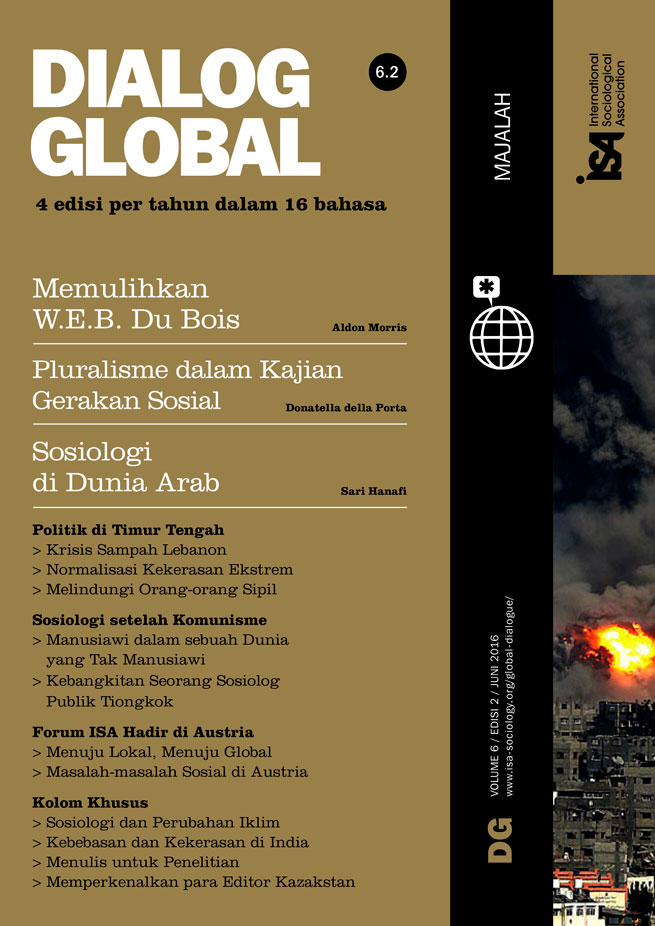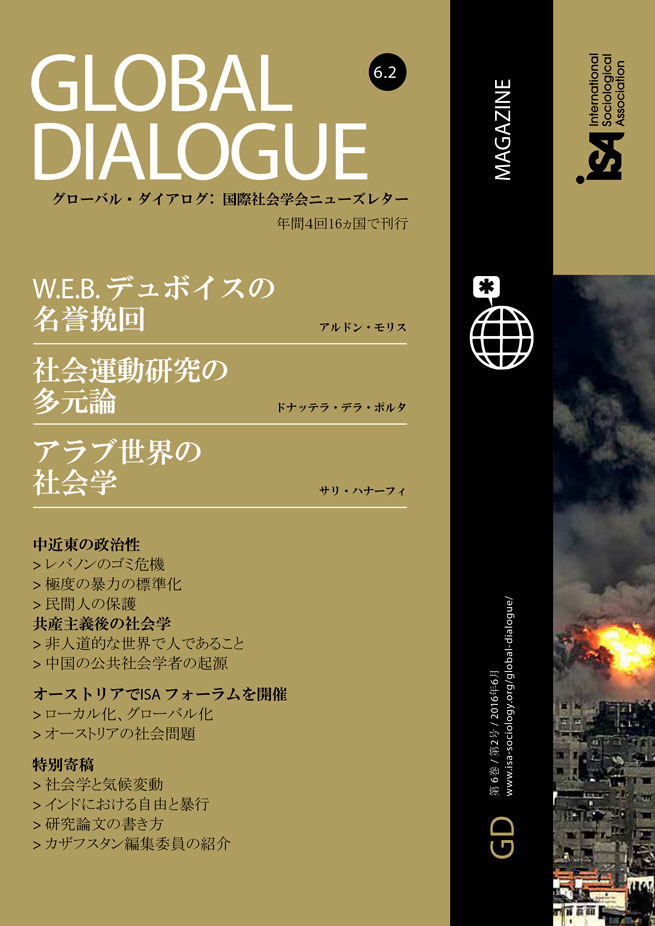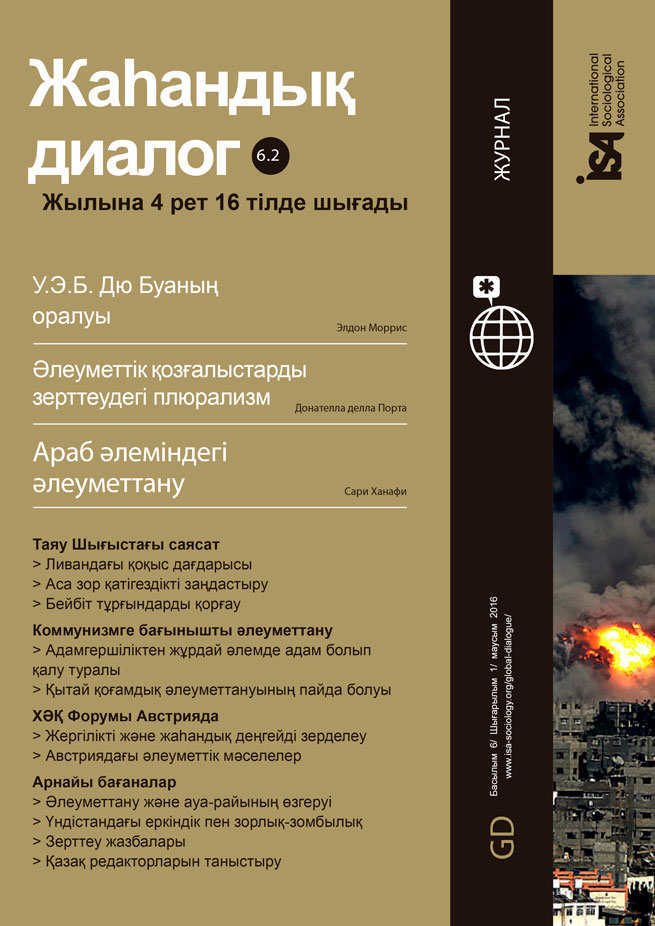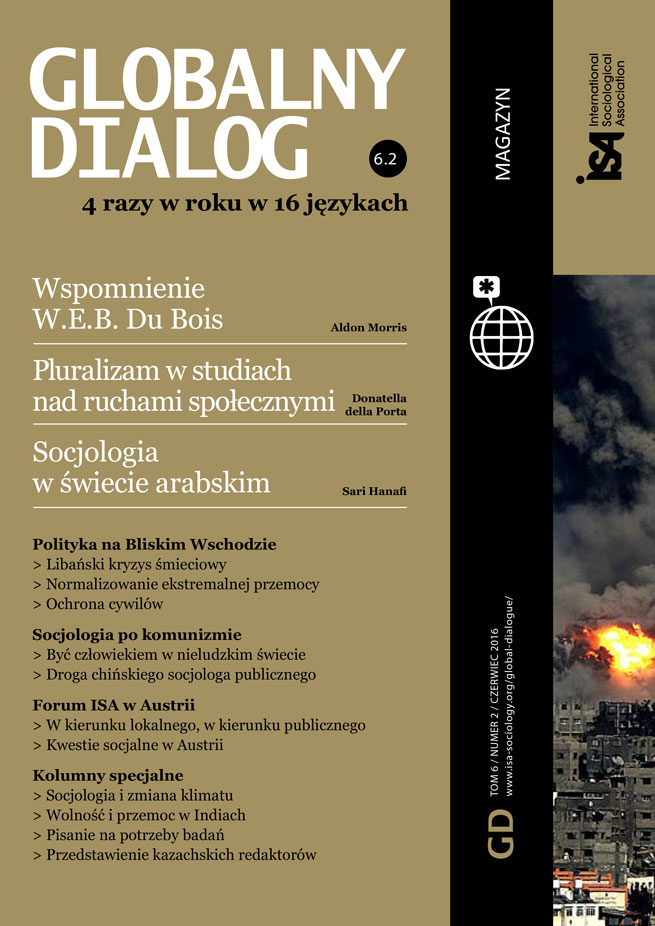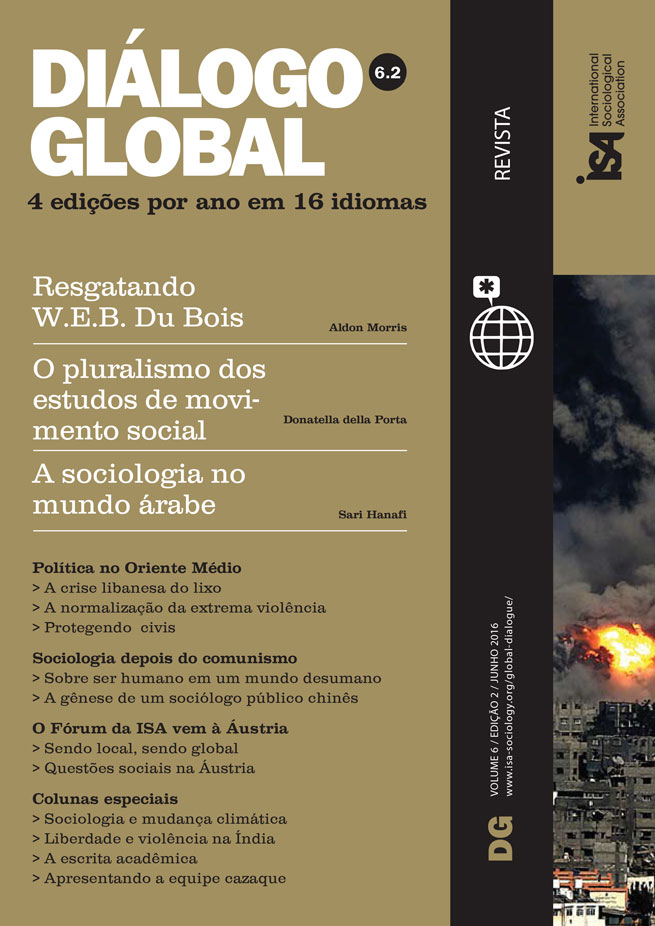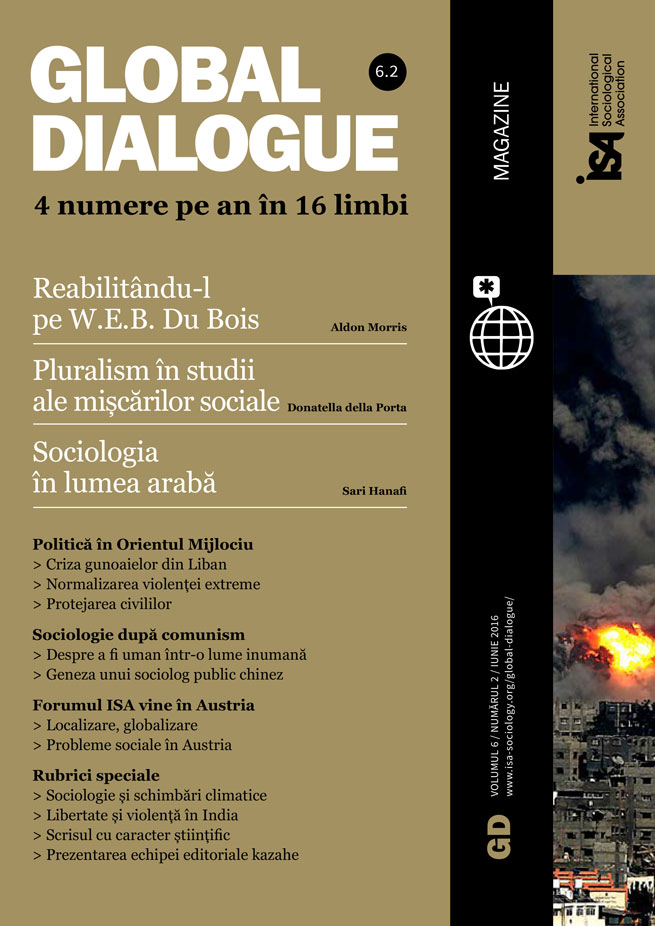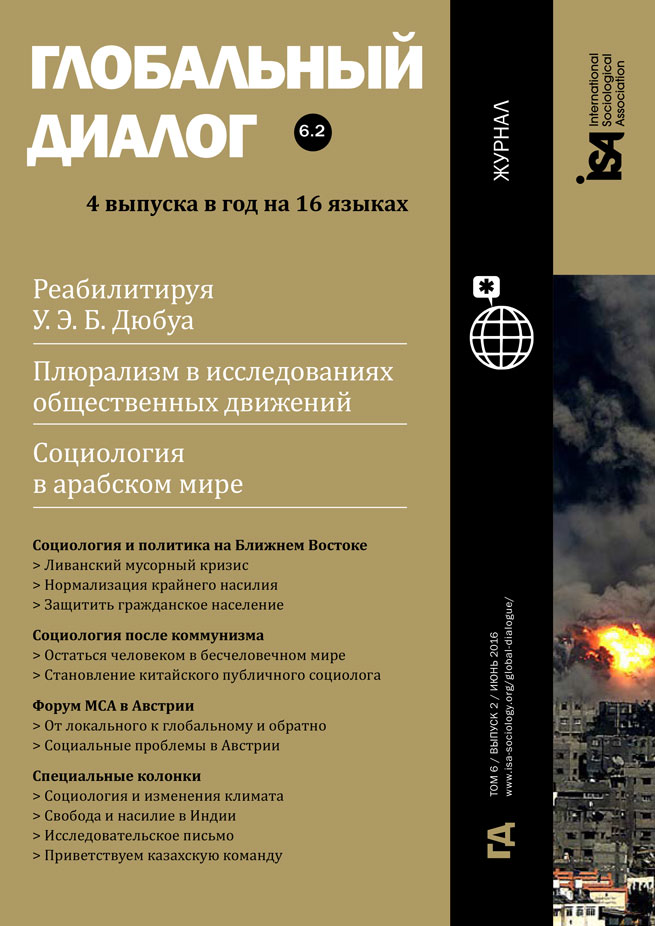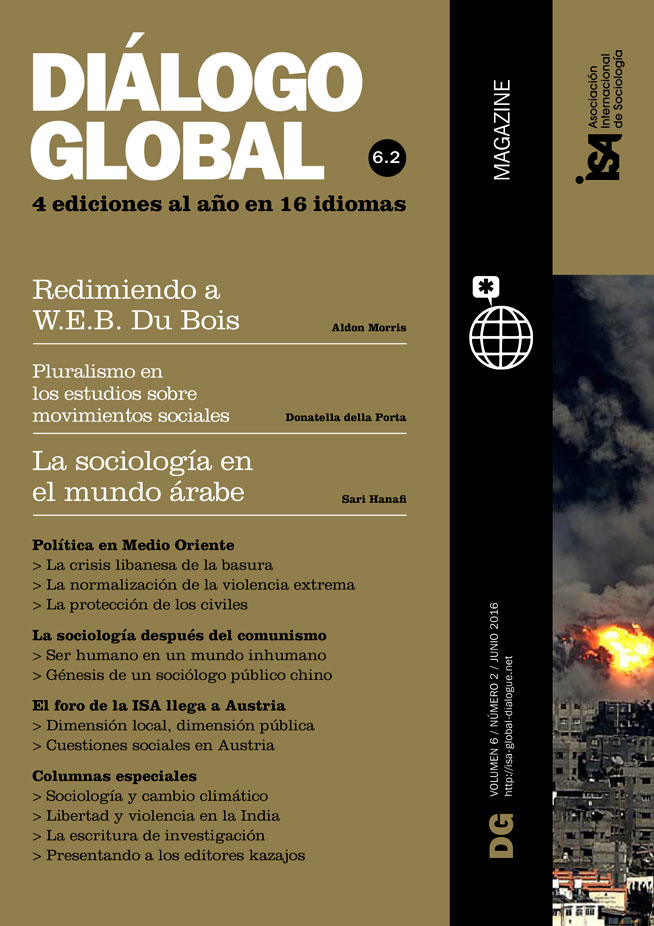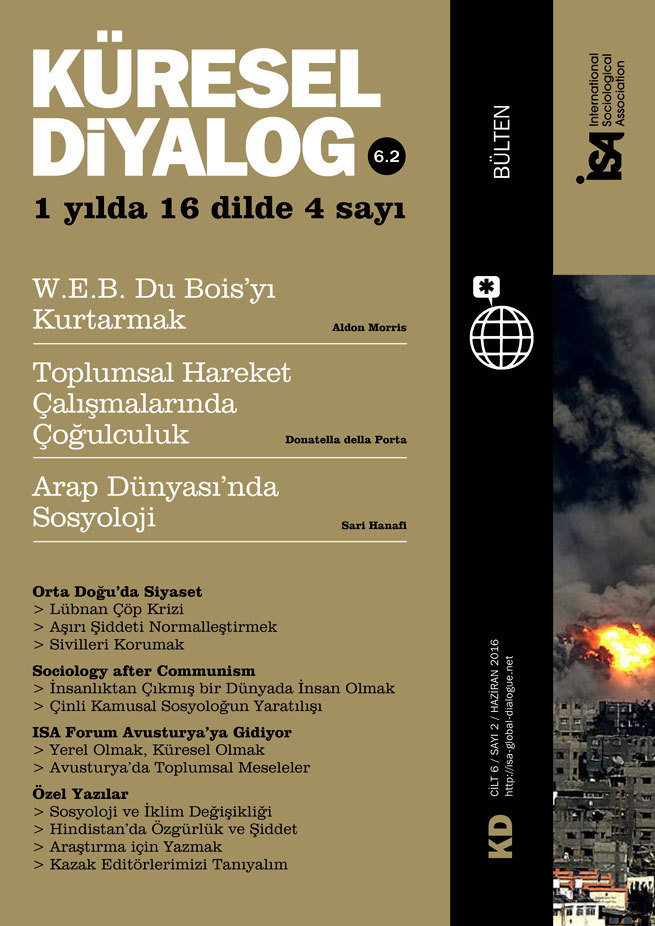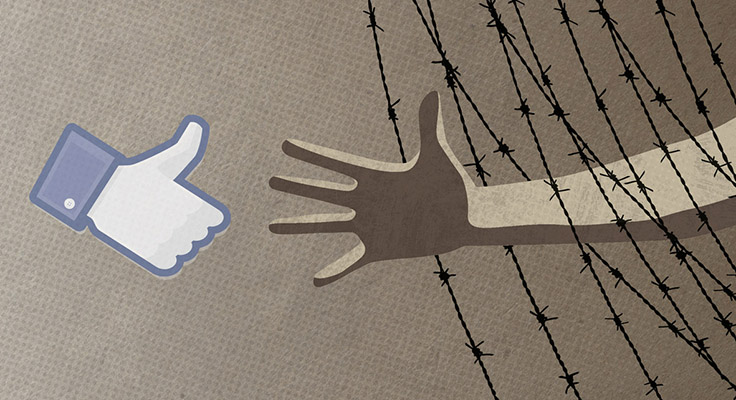Streams of refugees are an actual phenomenon in Europe, sometimes labeled new “mass migration” (Völkerwanderung) in the German-speaking media. In absolute numbers Germany receives the highest number of applications for political asylum, but in relation to its population, Germany is in fifth place in Europe (Eurostat). Hungary receives the most applications per capita, Sweden comes second, Austria third, and Finland fourth.
Austria finds itself caught, literally, in the middle of the stream. The German-Austrian border region, especially the passage between Salzburg and Freilassing, has become a bottleneck for refugees arriving in Central Europe, creating real tensions in Austrian society. On the one hand, despite complaints about the European migrant crisis and demands for tightened border controls, many still view transnational mobility as part of a European dream they hope to preserve. On the other hand, fears and complaints about refugees derive from prejudices and the assumption that refugees and migrants are being pulled by Europe’s attractions, rather than pushed by war or despair.
According to the UNHCR, in 2015 60 million people worldwide took flight from their homes. Most refugees are prompted to leave their homes by proxy wars, poverty and hunger resulting from economic and social inequality, exacerbated by post-colonial politics. But fewer than three percent flee to Europe; most stay in neighboring countries.
In 2015, “only” 50,000 persons applied for asylum in Austria (UNHCR-Austria, extrapolation in September 2015) – a rate of 332 people per 100,000 habitants. Of these, 11,000 are recognized as refugees, receiving material basic services (827€/month). While they wait for the decision on their applications – an average of three to six months – they will live in quarters or camps, receive three meals a day (although often this does not include even one hot meal a day) and a bed in a dormitory. Additionally they receive a daily allowance of 1.30€. When they look after themselves they get 120€ in month for rent (going up to 240€ for families) and 200€ as a subsistence allowance (90€ per child). Importantly, they are not allowed to work for wages while awaiting the decision (Art. 15a B-VG, BKA-Austria).
We spoke with about 30 refugees in reception and transit centers for asylum-seekers. Most have other dreams for their future: They dream about being a part of our society, having a job, working hard for their families, maybe buying a flat or a house one day – simply living a life without existential fear.
Given the aging population and the low fertility-rate in almost all of Europe’s wealthier countries, refugees could be seen as offering new hope for aging societies: young and with a higher fertility rate than most European populations, many are highly-skilled workers or craftsmen (UN World Population Prospects: The 2015 Revision). In the long term, they could preserve our national pension and social systems, while in the short term, they could well strengthen Europe’s domestic economies – especially if they get the chance to work, earn money, and pay taxes.
From a more pragmatic point of view we could therefore ask: Why is there a debate about whether refugees should be deported, instead of negotiations for their integration?
Ruth Abramowski, Paris Lodron University of Salzburg, Austria <ruth.abramowski@sbg.ac.at>
Benjamin Gröschl, Paris Lodron University of Salzburg, Austria <benjamin.groeschl@sbg.ac.at>
Alan Schink, Paris Lodron University of Salzburg, Austria <alan.schink@sbg.ac.at>
Désirée Wilke, Paris Lodron University of Salzburg, Austria <desiree.wilke@sbg.ac.at>
